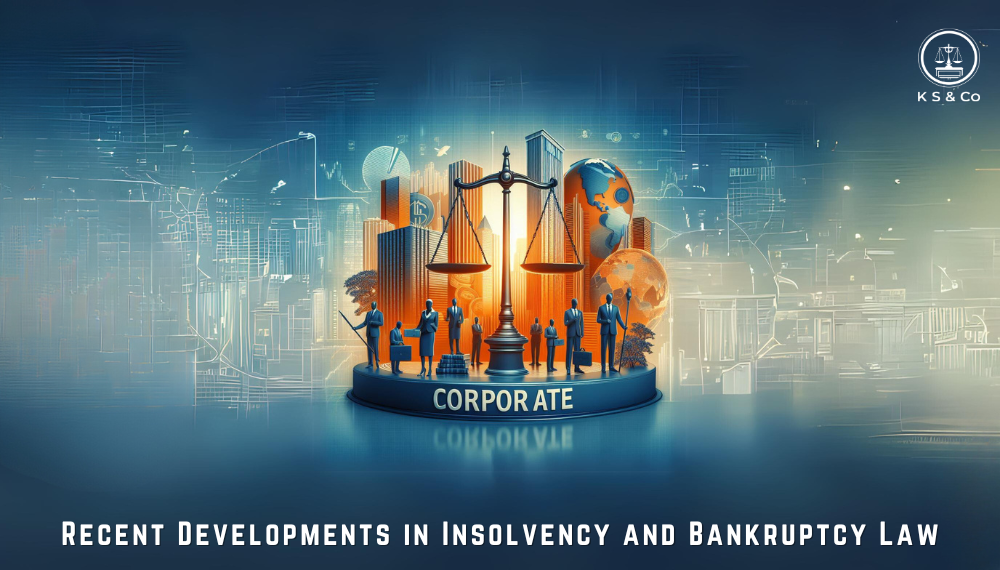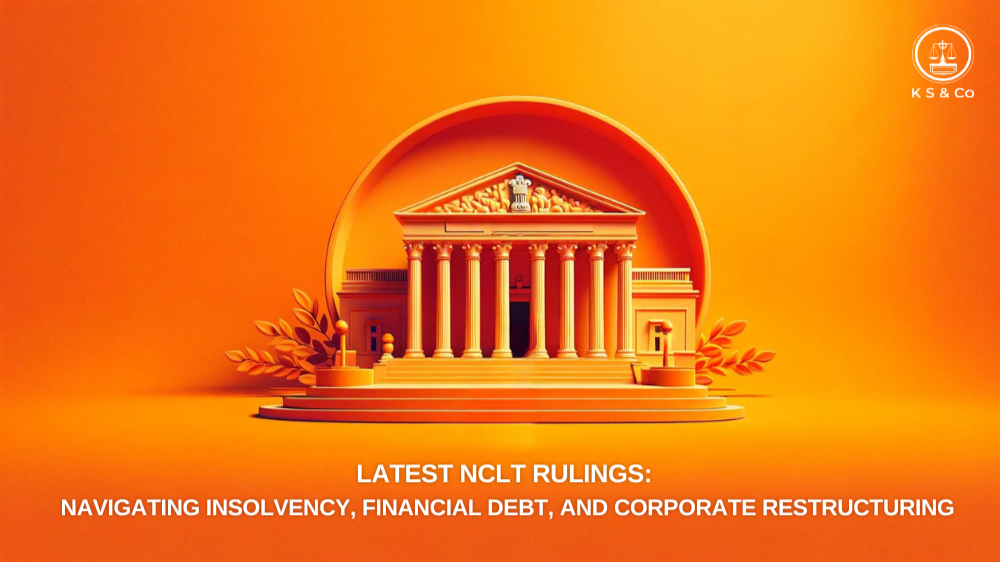Between May 13-16, 2020, the Finance Minister announced a slew of relief measures to fight through these difficult times. COVID-19 has made it difficult for companies to adhere to existing compliance measures. Hence, the government has extended deadlines of many of these compliances (tax returns can now be filed till November 30, 2019). Some compliances have also been digitalized, for instance, board meetings can now be held through video-conferencing. Insolvency laws have also been suspended and the defaults during COVID-19 times are not to be treated as debts for the purpose of insolvency.
We bring to you the relief measures which are specifically targeted at providing ease of company law compliances. We are happy to see the Ministry of Corporate Affairs adapt to these virtual times.
AGMs through Video-Conferencing
On May 3rd, 2020 the Ministry of Corporate Affairs (MCA) released a notification stating that the Annual General Meeting (AGM) of companies can be held via Video Conferencing (VC) or any other Audio-visual means (OAVM). This change is a welcome one for three reasons :-
- Firstly, it helps to accomplish the objectives of the MCA’s Green Initiative campaign for Corporate Governance
- Secondly, it allows larger participation and curbs any negative externalities in terms of costs and time that shareholders have to bear in order to attend the AGMs
- Thirdly and most importantly, meetings regarding essential matters are not further delayed due to the COVID-19 pandemic since the procedures laid down adequately follow the norms of social distancing that one can expect will be required even further into the year.
In an earlier circular the ministry had allowed companies whose financial year ended on 31st December 2019 to hold their meetings by the 30th of September, 2020.
Companies required to provide the E-Voting feature
For companies that are required to provide the facility of e-voting as per section 108 of the Act, the notification acknowledges the prevailing difficulties in providing physical copies of financial statements including board’s report and auditor’s reports (as required by section 20 of the Act). Such statements are thus to be sent through email to the persons entitled. Details necessary to the procedure of the meeting and to the obtaining of such information are to be published by way of advertisement in a vernacular newspaper as well as an English newspaper. It has also been provided that only those items of special business which are considered unavoidable be discussed in these meetings. Additionally, the companies are required to provide a window to shareholders s for registering their mandates to transfer dividends electronically.
Companies not required to provide the e-voting feature
For the meetings not to be subjected to e-voting, the notification provides that the AGMs may be conducted through the facility of VC or OAVM only by those companies which have at least half of their total attendees/members email addresses (with the method of determining the necessary members specified under sub-rule B(1) of the notification enlisting the same for the different cases of Nidhi companies, other companies having share capital and companies not having a share capital) with necessary documents being sent over through email in this case as well. The onus of taking the necessary steps for registering the unregistered email addresses has been placed on the companies itself.
Companies Fresh Start Scheme, 2020
The Ministry of Corporate Affairs announced the Companies Fresh Start Scheme 2020 (“CFS Scheme”) on 30th March vide Circular no. 12/2020 to condone the delay in filing of documents and provide a one-time waiver to companies from prosecution and imposition of penalties related to delay in filing of documents. The CFS Scheme came into effect on April 1, 2020 and would remain in effect till September, 2020. Key features of the CFS Scheme are:
- No Prosecution or Penalty/additional fees levied for delay in filing of documents. However, please note, that the CFS Scheme provides immunity only against prosecution and penalty/additional fees pertaining to delay in filing of documents. Any consequential proceedings would not be covered under the CFS scheme. Moreover, pending appeals or matters where penalty has been levied before CFS scheme came into existence, but no appeal has been preferred are outside the ambit of this scheme.
- Application in the Form CFSS-2020 needs to be filed in order to enjoy the aforementioned immunity with respect to the filing of documents. Such application has to be made within six months after the closure of the CFS scheme and before the documents are taken into record. Based on this application, an immunity certificate would be issued to the applicant.
- An immunity certificate would not be given, if the defaulting company has any appeal pending. The appeal needs to be withdrawn and a proof of the same has to be shown before applying for the immunity certificate.
- All pending proceedings against the defaulting company with respect to filing of documents would be withdrawn after the grant of immunity certificate
The CFS scheme will provide an additional cushion for maintaining runway cash. Start-ups do not have to worry about filing deadlines, or additional fees which might become more onerous. It will allow them to focus on survival, raise capital, and use the money saved through the scheme for meeting their working capital requirements. Companies which do not fall within the categories of startups too can avail of this scheme. Many companies who have defaulted on their filing deadlines, can take recourse of this scheme and start afresh. Given the current COVID crisis, such a scheme would promote the ease of doing business and will reduce the compliance burden on companies.






